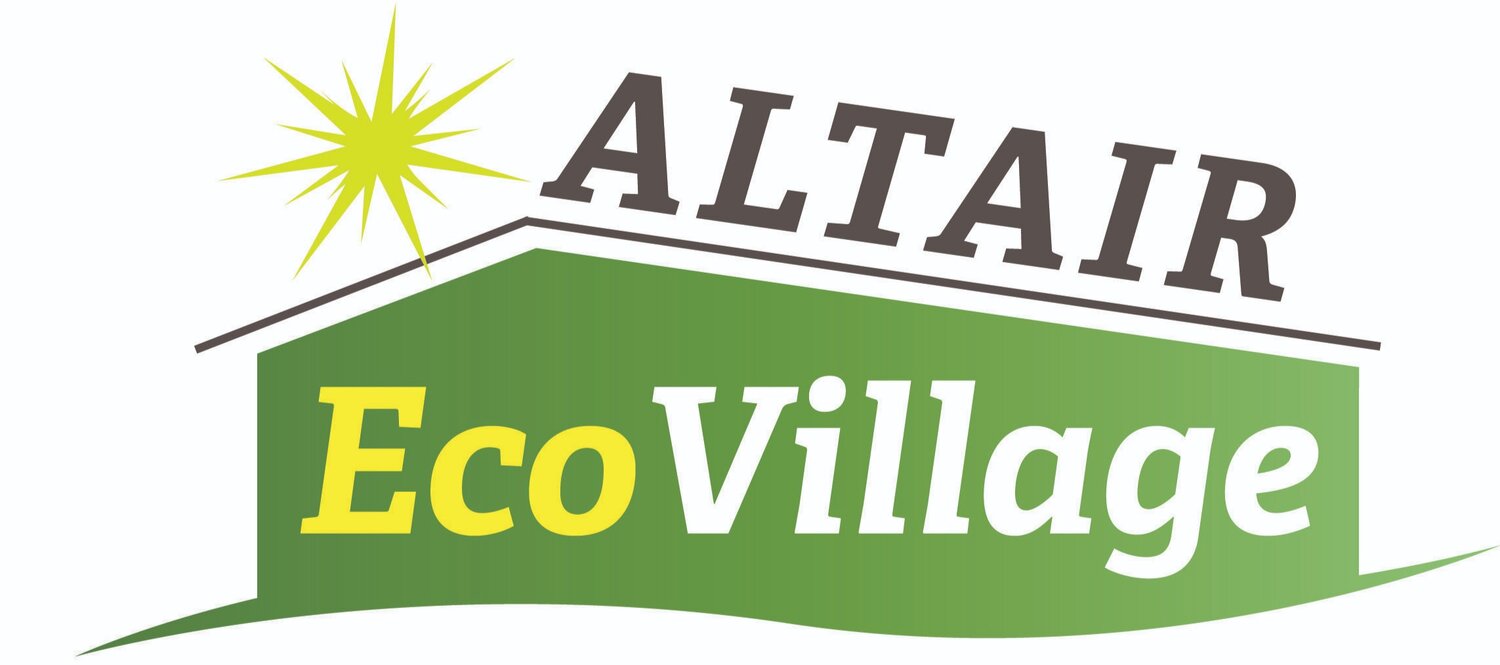In an Historic Vote, East Pikeland Supervisors Adopt Eco-Friendly Development Practices
/Chester County is known for many things – jobs, quality healthcare, infrastructure – but perhaps the vision that comes to mind first is its scenic natural landscapes, which play a major role in residents’ decisions to locate and remain in the county. A 2017 survey issued to Chester County residents found that 85% of respondents ranked open space and the environment as an important issue, and 42% ranked it as number one in importance. This deep-seated environmental ethos is in stark contrast to suburban sprawl development patterns that have populated the county. The status quo for housing developments for the past forty years has been subdivisions located in unwalkable areas making two- or three-car households the standard; fields and forests have been replaced with expansive lawns (otherwise known as “green concrete.”)
Kimberton Village
East Pikeland Township in northern Chester County has taken a bold step to leave the landscapes of the 20th century behind and look toward the future in terms of developing new housing. After years of effort, the Township Supervisors adopted a Low-Impact Development Overlay ordinance for the Kimberton Village area – the first of its kind in Chester County. The amendment has been adopted as part of the Township’s zoning ordinance and applies to four acre developable sites within the village. It aims to cultivate communities that are socially engaged, environmentally sensitive, and economically diverse.
At the Supervisor’s meeting in September 2020, Chairman of the Board Ron Graham expressed his support of the ordinance’s concept: “The village at one time had everything incorporated in it before zoning. People lived where they worked and where they shopped. There was a grocery store, two gas stations, a meatpacking company, a foundry, and many other things.”
As the first ordinance in Chester County advocating low-impact development practices, several of its elements are particularly unique. First, it requires low-impact developments to meet specific performance requirements in terms of building energy efficiency (using the Home Energy Rating System or HERS) and landscape vitality and efficiency (qualifying for a Silver Rating using the US Green Building Council’s Sustainable SITES initiative). A minimum of fifty percent of each development’s energy must be produced on-site by renewable sources, and developments must be designed with low-impact development practices like permeable pavement and the preservation of open space (at least 50% of the site.) Second, it allows for cooperative, sustainable living through provisions like community gardens, attached units that face one another on a pedestrian walkway, ample common space, and a community center or “club house” featuring performance, meeting spaces, and guest rooms.
The overlay also permits a mix of housing types rarely seen in other suburban ordinances, like stacked townhomes and quadruplexes, allowing for a variety of housing price points and promoting sustainable living and energy efficiency. Parking requirements are reduced from traditional suburban standards since the district is within easy walking distance of every-day destinations like a market, medical offices, and Kimberton Park. The new neighborhoods are planned to have off-road trail access to downtown Phoenixville and beyond.
Furthermore, the overlay district will provide economic benefits to Kimberton Village by allowing the construction of new units within walking distance of village businesses. Provisions for additional density in exchange for more open space and energy efficiency upgrades allow projects to be financially feasible for developers while also generating a larger customer base for local businesses, potentially spurring new businesses to open.
The passage of this Overlay District will allow the construction of the Altair EcoVillage to move forward in the heart of Kimberton, solidifying the village’s reputation as a hub for environmental consciousness. Once constructed, the EcoVillage would be the first development to be built in the village for decades. Altair is planned to be a 29-home age-restricted intentional community whose residents share values for environmental sustainability. The EcoVillage will support innovative initiatives such as a community car-share program, ongoing monitoring of its energy use, and sharing stewardship of the property’s natural landscape.
The provisions and spirit of the ordinance are consistent with Chester County’s Comprehensive Plan, Landscapes3 in its efforts to balance growth with preservation, encourage economic development, and promote environmental sustainability.
For more information contact Joel Bartlett, altairecovillage@gmail.com.


